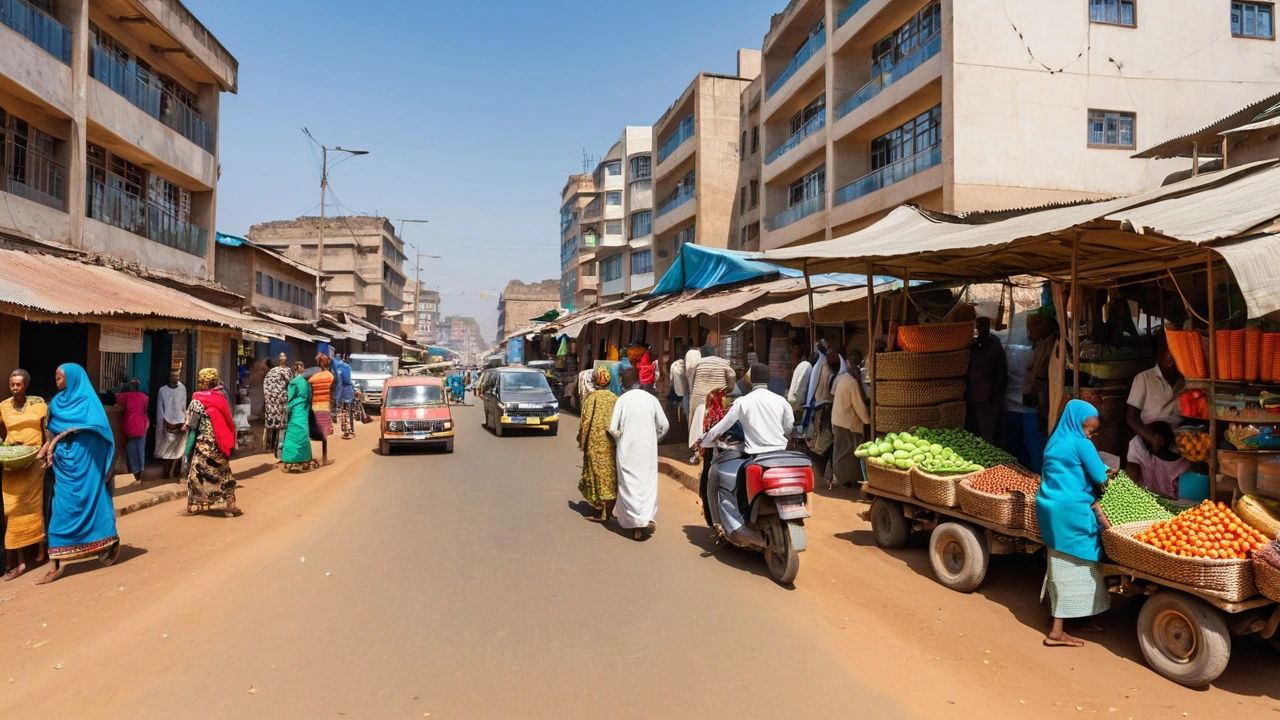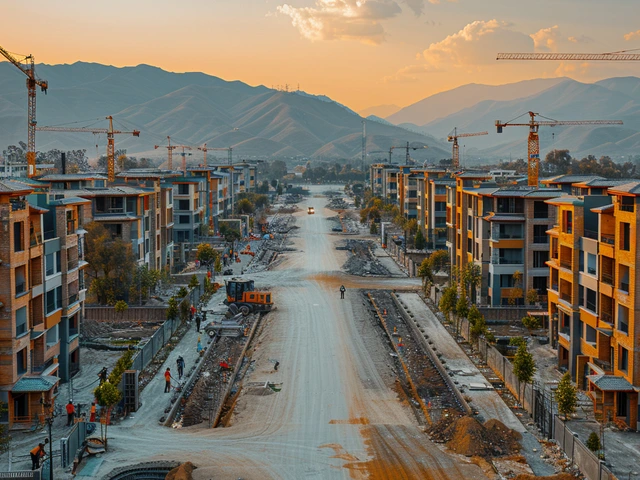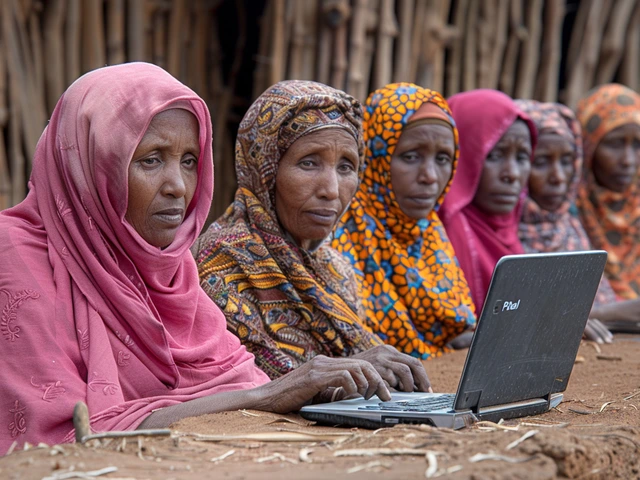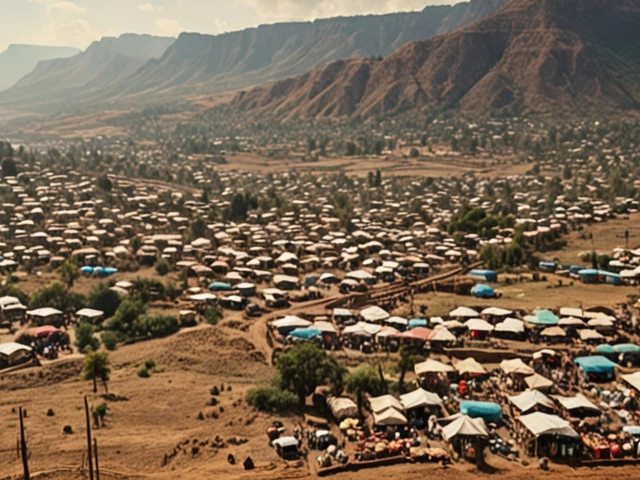Living Expenses in Ethiopia: What You Need to Know
Trying to figure out daily costs in Ethiopia? The reality might surprise you—living here can be much more affordable than in many other countries, but every Birr counts. Whether you’re thinking about moving, working, or just curious, it helps to know how rent, food, salaries, and daily services add up.
Rent takes a big chunk of your budget, especially in bigger cities like Addis Ababa. A simple one-bedroom apartment in the city center might set you back between 10,000 and 20,000 Birr per month. Farther from the city center, prices drop and you could find places for as low as 5,000 Birr. Utilities, internet, and water don’t usually break the bank—expect monthly bills to total around 1,200 to 2,000 Birr depending on family size and location.
Food prices really depend on whether you stick to local markets or shop at big supermarkets. Fresh produce and staples like injera or lentils are affordable if you buy from open-air markets. If you prefer imported goods or western-style brands, your grocery bill will go up fast. For the basics, an average Ethiopian family might spend between 3,000 and 6,000 Birr on groceries monthly. Eating out at local restaurants is also cheap, with a full meal costing around 100 Birr, but international restaurants can charge much more.
Getting around is another thing to budget for. Many people use public transport—minibuses, shared taxis, and city buses—which can cost just a few Birr per ride. Taxis and ride-hailing apps are available in cities, with fares much higher, especially for non-locals. Fuel prices constantly change, so if you plan to drive, make sure to factor in higher costs for private vehicles and maintenance.
Salaries in Ethiopia vary a lot. The minimum wage in some sectors sits low—around 1,200 Birr monthly for basic labor. Skilled workers, teachers, and healthcare professionals can earn between 5,000 and 15,000 Birr, and jobs with international organizations or tech firms pay more. If you’re working remotely or for a foreign company, your income might stretch far compared to local costs. Still, most people need to watch expenses closely, especially in cities.
Healthcare and education come at extra costs if you want private options. Private clinics are usually more reliable, with standard consultations ranging from 200 to 600 Birr, and private schools vary widely in fees. Public hospitals and schools are more affordable, but quality can be inconsistent.
Entertainment, fitness, and internet are add-ons you should factor in. Monthly gym memberships often cost 1,000 Birr and up. Unlimited home internet can range between 1,200 and 2,000 Birr, with speeds slower than what you might be used to abroad. Cell phone plans are cheap, but network coverage outside cities gets patchy.
So, can you afford a comfortable life in Ethiopia? Absolutely, but the details matter. City or countryside, family size, lifestyle, and source of income all make a difference. If you keep an eye on your spending and adapt to local ways, your money can take you farther than you might expect.





